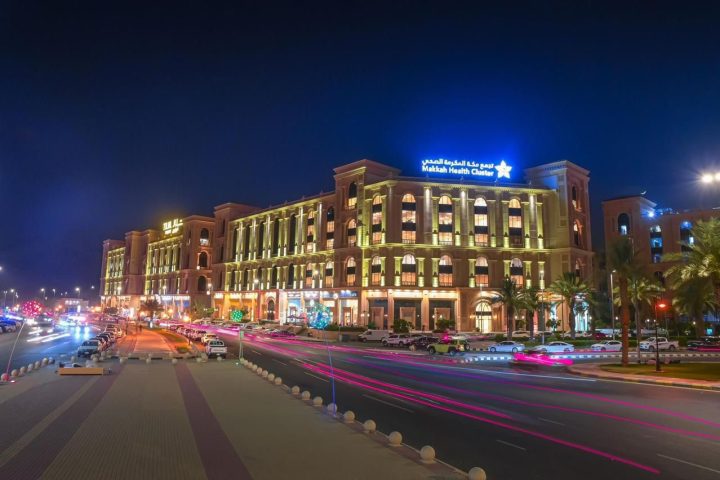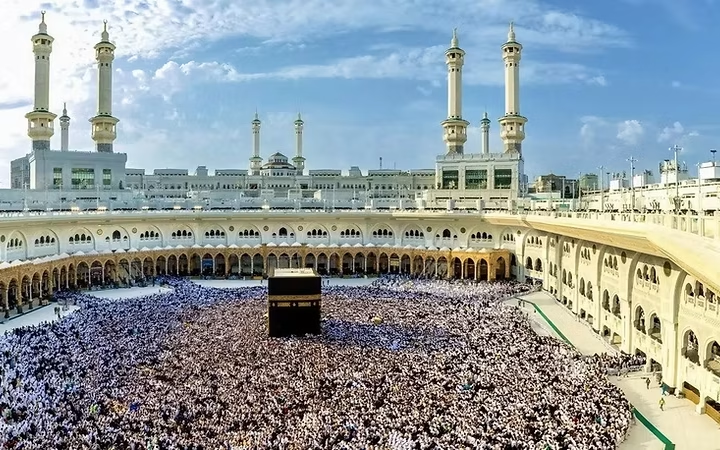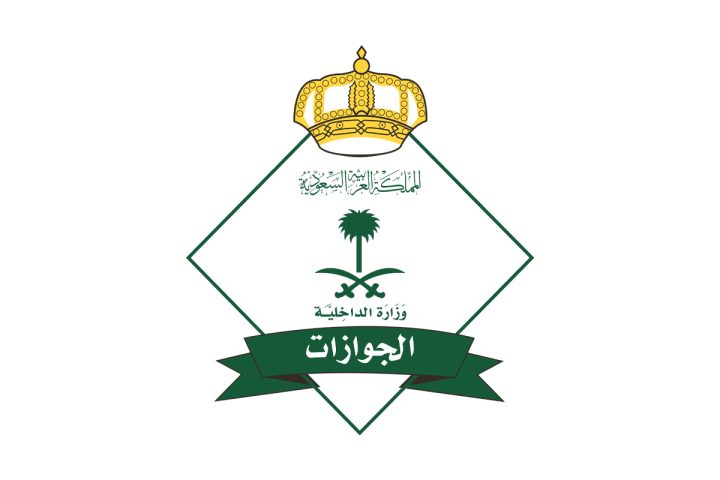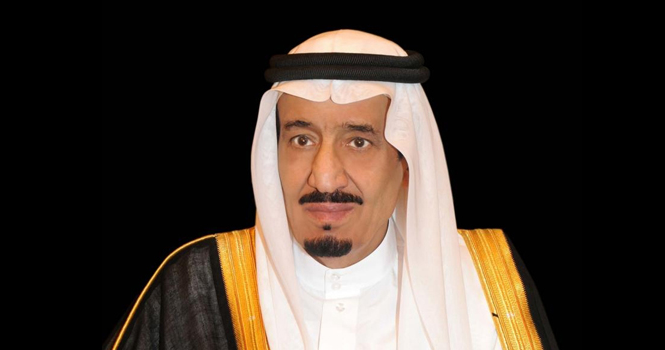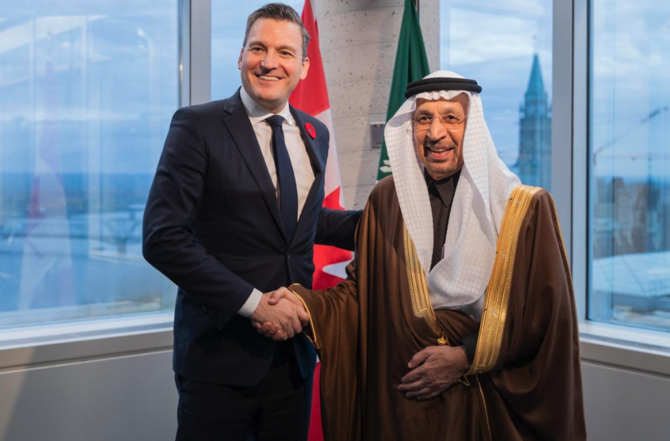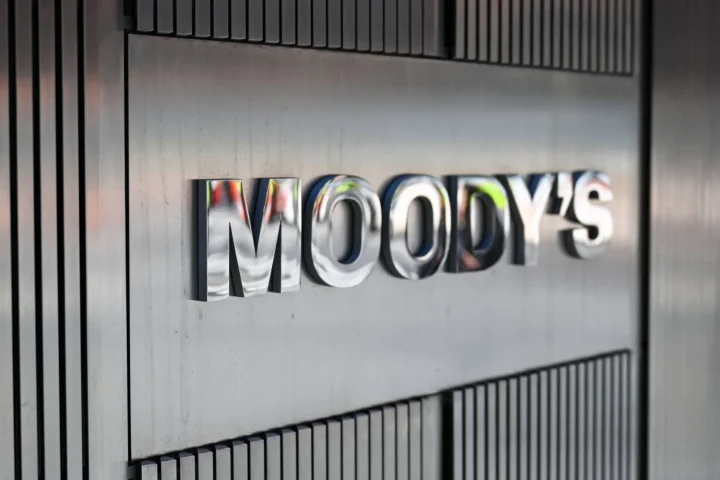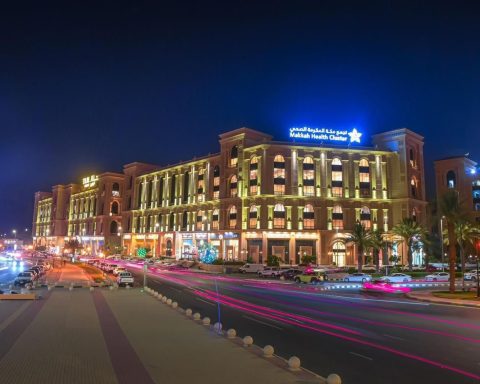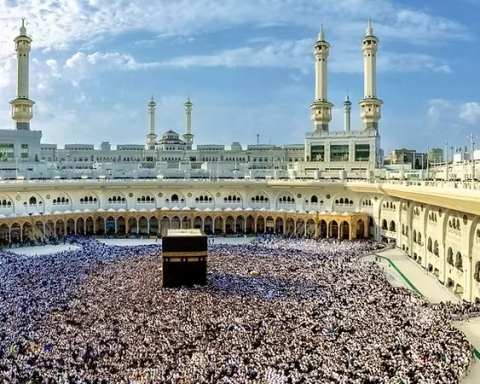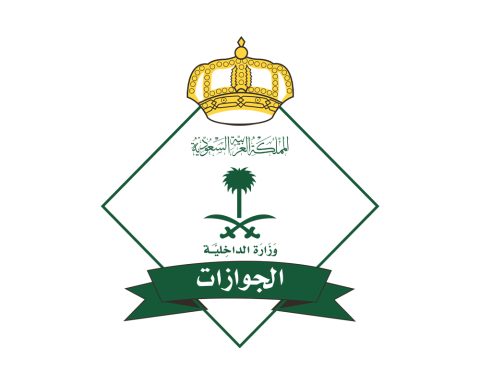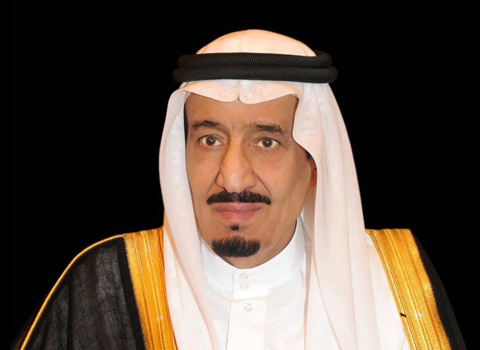The phrase “I love you” remains one of the most powerful and timeless expressions in any language. In Arabic, “I Love You” carries layers of warmth and sincerity, conveying emotions far deeper than words can capture. It’s a phrase that transcends time and geography — a universal symbol of love, loyalty, and connection.
In Arab culture, “I Love You” can mean many things: it’s not limited to romantic affection but extends to the love of parents, friends, homeland, and life itself. For centuries, Arab poets have centered their verses around this single word, seeing love as the essence of existence and “I Love You” as the heartbeat of their poetry and songs.
Some of the most beautiful expressions of love include:
I love you because you are the home I return to when I lose myself.
When I say I love you, I speak not with words, but with every heartbeat.
I love you because your presence makes the world softer and warmer.
I love you despite the distance, because hearts know no boundaries.
Beyond romance, research shows that expressing love and affection has positive effects on mental health, reducing stress and increasing emotional well-being. “I love you” fosters feelings of belonging, reassurance, and connection — making it a cornerstone of human happiness.
Ultimately, saying “I love you” is more than just words — it’s an act of truth, a moment of vulnerability that restores the bridges between hearts. It is the purest confession of emotion, a universal melody that requires no translation.
“I Love You” — a word that continues to echo through time, carrying with it the promise of warmth, sincerity, and eternal affection.




